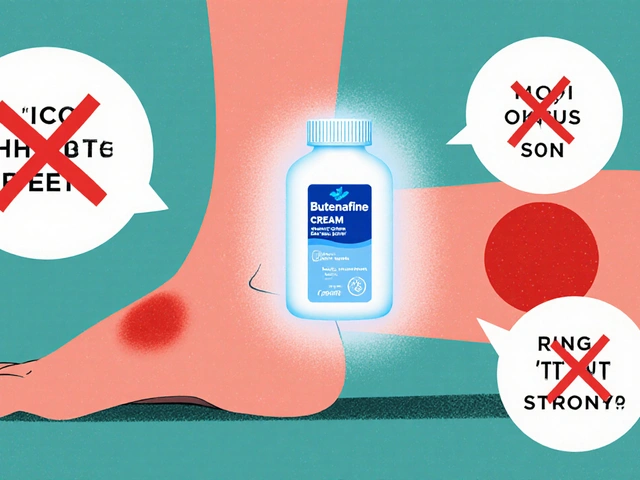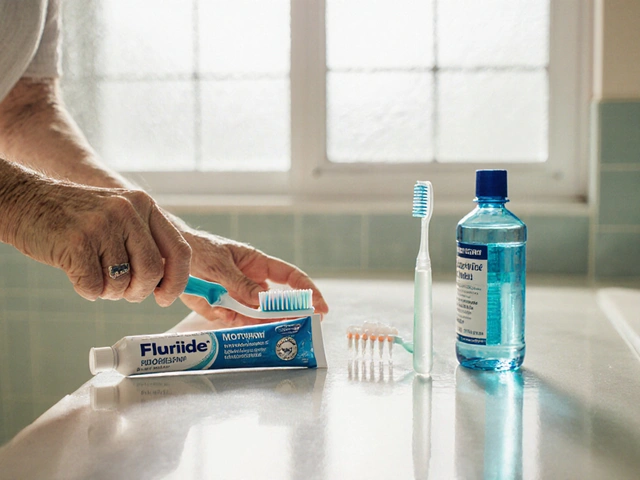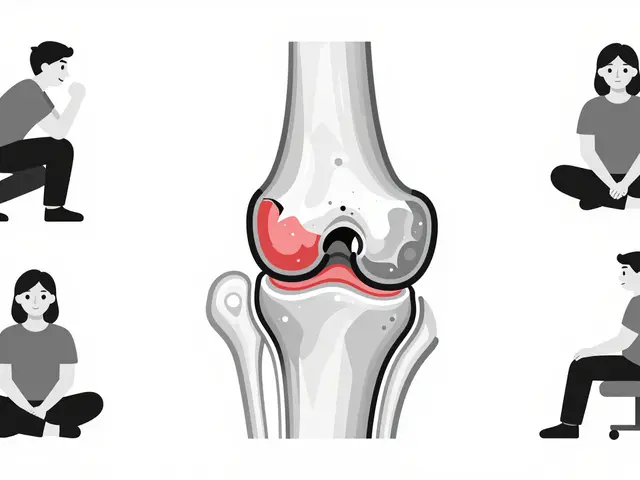Dietary Supplement Guide: What You Need to Know
Ever wonder if that powder in the back of the cabinet really does what the label says? You’re not alone. People scroll through endless product pages, hoping to spot a safe, effective option. This guide cuts through the hype and gives you clear steps to pick, use, and buy dietary supplements without the guesswork.
How to Choose a Safe Supplement
The first rule is simple: look for third‑party testing. Reputable labs like USP, NSF, or ConsumerLab put a seal on bottles that passed purity and potency checks. If you don’t see a seal, ask the seller for the lab report—real vendors will share it.
Next, check the ingredient list. Avoid products that hide a “proprietary blend” with no amounts listed. Knowing exactly how much of each vitamin, mineral, or herb you’re getting helps prevent overdoses and interactions with any prescription meds you might be taking.
Read the label for potential allergens. Many whey‑protein powders, for example, contain soy or dairy. If you’re sensitive, look for plant‑based alternatives with clear “free from” statements.
Finally, consider your own goals. If you want more energy, a B‑complex might be useful; for joint comfort, glucosamine and chondroitin have more data behind them. Matching the supplement to a specific need saves money and avoids unnecessary fillers.
Where to Buy Supplements Online Safely
Shopping online is convenient, but it also opens the door to counterfeit products. Stick to well‑known pharmacies or authorized retailer websites. Look for https:// in the URL and a clear privacy policy—these are signs the site cares about security.
Check the return policy. A reputable seller will let you return a product if it arrives damaged or doesn’t match the description. If the site has vague “no refunds” language, walk away.Use price comparison tools, but don’t let a low price be the only lure. Extremely cheap supplements often cut corners on quality. Compare several trusted stores; the best deal usually combines a fair price with a good reputation.
Read customer reviews, but filter out the ones that sound like paid testimonials. Look for reviewers who mention specific details—like the smell of the powder or how the capsule size felt. Real experiences give clues about product consistency.
If you’re in Australia, remember the Therapeutic Goods Administration (TGA) regulates supplements. Look for a TGA‑listed product number on the packaging; this means the supplement met basic safety standards.
Bottom line: safety starts with research, and buying smart starts with reputable sources. By checking third‑party certifications, ingredient transparency, and seller policies, you protect yourself from bogus products and get the nutrients you actually need.
Got a favorite supplement you trust? Share it in the comments and help others make better choices. And remember, supplements are a supplement—not a replacement for a balanced diet or medical advice. When in doubt, ask a pharmacist or your doctor before adding anything new to your routine.
Bulbous Buttercup Supplement: Benefits, Risks, and Safer Alternatives (2025 Guide)
Is bulbous buttercup the next big supplement or a toxic plant in disguise? Get the facts on safety, evidence, dosing risks, and smarter alternatives for 2025.
Discover the Health Benefits of Bear's Garlic – Nature's Potent Dietary Supplement
Bear's garlic, also known as wild garlic, is a powerful herb with a range of health benefits. Rich in vitamins and minerals, it can boost immune function, improve heart health, and enhance digestion. This versatile leafy green is not just a flavor powerhouse but also a natural remedy for detoxification and inflammation. Uncover how bear's garlic can be a key player in a nutritious diet, offering both culinary delight and medicinal advantages.







